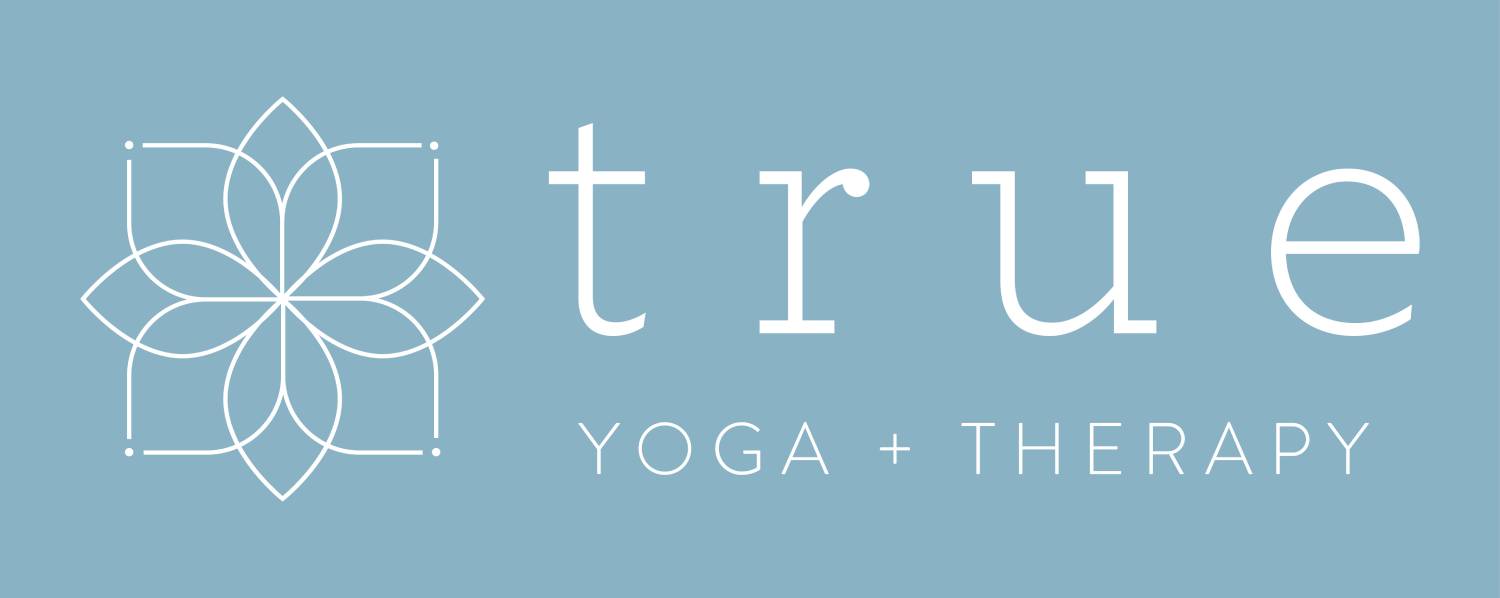In a world where mental health is gaining more recognition, seeking therapy has become a way to proactively manage our emotional well-being. Yet, despite its growing popularity, several misconceptions about therapy persist. At True Yoga Therapy, we’re dedicated to shedding light on these myths and providing clarity on the transformative power of therapy.
Myth 1: Only “Serious” Problems Require Therapy
Therapy is not exclusively for those in crisis. It’s a valuable resource for anyone seeking personal growth, emotional balance or enhanced self-awareness. Just like we visit a doctor for physical check-ups, therapy provides a safe space to address emotional concerns before they escalate.
Myth 2: Therapy is Just Talking to a Stranger
Therapy involves much more than casual conversations. Therapists are trained professionals who use evidence-based techniques to help clients develop coping strategies, improve communication skills and achieve their goals. It’s a collaborative process that empowers individuals to make positive changes in their lives.
Myth 3: Therapy is Only for “Crazy” or “Weak” People
This misconception couldn’t be further from the truth. Seeking therapy is a sign of strength, resilience and self-awareness. It takes courage to recognize when support is needed and to take steps towards self-improvement. Therapy is for anyone willing to invest in their mental and emotional well-being.
Myth 4: Therapists Have All the Answers
Therapists are not there to provide easy answers or solutions. Instead, they guide clients on a journey of self-discovery, helping them uncover their own insights and develop coping strategies. The therapeutic process is collaborative, with therapists offering guidance and tools to empower clients.
Myth 5: Therapy is Expensive and Time-Consuming
Therapy can be tailored to fit various budgets and schedules. Many therapists offer sliding scale fees or accept insurance. Additionally, therapy doesn’t always require a long-term commitment. Some clients benefit from just a few sessions, while others may engage in ongoing support. The investment in your well-being is priceless.
Myth 6: Only “Crazy” People Need Medication, Not Therapy
Therapy and medication serve different purposes and can be complementary. While medication can be helpful for certain conditions, therapy provides tools to manage emotions, develop coping skills and address underlying issues. It’s a holistic approach to mental health that empowers individuals to thrive.
Myth 7: Therapy is Only for Individuals
Therapy is not limited to individuals. It can be beneficial for couples, families and groups as well. Couples therapy can improve communication and strengthen relationships, while family therapy can address conflicts and foster understanding.
Myth 8: Therapists Will Judge Me
Therapists are trained to provide a nonjudgmental and empathetic environment. They are there to listen, support and guide you without passing judgment. Sharing your thoughts and feelings in therapy is a safe space to explore your emotions without fear of criticism.
At True Yoga Therapy, we believe that debunking these myths is essential to encouraging open conversations about mental health. Therapy is a valuable tool for personal growth, self-care and emotional well-being. Whether you’re navigating life transitions, seeking clarity or working through challenges, therapy can provide the guidance and support you need to thrive.

